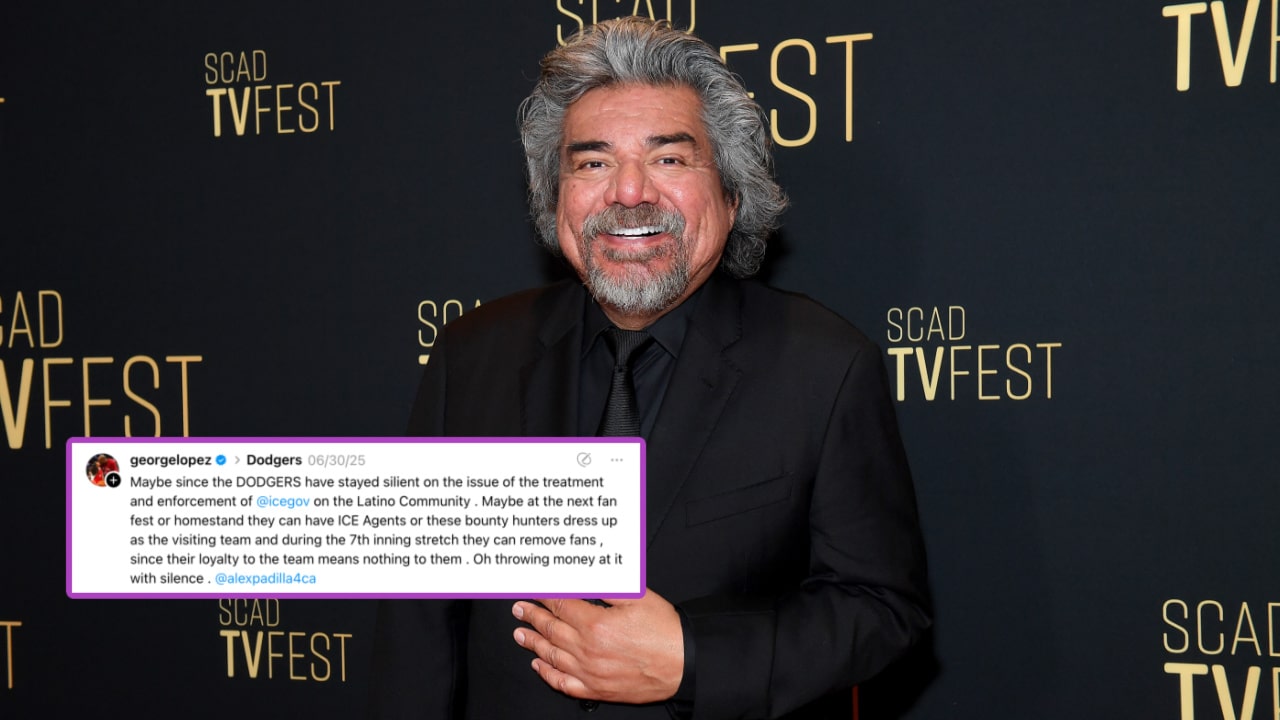After Weeks Of Backlash, J Balvin and Tokischa Finally Apologize For Their Controversial Music Video For ‘Perra’
Screenshot via YouTube; via @tokischa.popola/Instagram
After weeks of mounting controversy, J Balvin and Tokischa have finally addressed the backlash to the controversial music video for their song “Perra”.
On Sunday, both J Balvin and Tokischa apologized for offending the Black community for their sexist and racially insensitive music video.
J Balvin apologized via Instagram, uploading a video where he spoke directly to his fans and, even at one point, his mother. In Spanish, he said: “I want to say sorry to whomever felt offended, especially to the Black community. That’s not who I am. I’m about tolerance, love and inclusivity. I also like to support new artists, in this case Tokischa, a woman who supports her people, her community and also empowers women.”
He concluded: “As a form of respect, I removed the video eight days ago. But because the criticism continued, I’m here making a statement. Mom, I’m sorry too. Life gets better each day. Thank you for listening to me.” (As background, J Balvin’s mother also publicly criticized the music video, telling a Colombian news outlet: “That song is not … I don’t even know what to say,” and “Where is the Josésito that I know?”)
In an interview with Rolling Stone, Tokischa apologized to “anyone that was offended”* but also defended her video as a product of free artistic expression.
Tokischa tried to explain that the many of the provocative lyrics were a play on words and inspired by Dominican slang. “I said that if I’m going to talk about ‘perra en calor,’ I’m going use all the language associated with dogs: ‘perro de raza’ [purebred], ‘Purina’—which is a word with a double meaning because here, that’s what you call a product that’s really pure… ‘la perrera’ [the pound]. It was very conceptual. If you, as a creative, have a song that’s talking about dogs, you’re going to create that world.”
“I understand the interpretation people had and I’m truly sorry that people felt offended,” she said. “But at the same time, art is expression. It’s creating a world.”
Tokischa also expressed remorse for getting J Balvin involved in a controversy that she believes was mostly caused by her edgy art. “He came [to the Dominican Repulic] to record with me and to share his platform with me. Now I’m like ‘What did I get Jose in?’”
The music video’s director Raymi Paulus (who is also Tokischa’s manager) was similarly defensive when it came to explaining the intent behind the music video.
“I’m an underground director and I feel like the video was taken out of context,” he told Rolling Stone. “I understand that there will never be a unanimous opinion about what constitutes art, but, for me, art not only communicates beauty and positivity—it also communicates the shortcomings of society, taboo subjects, and other ways of seeing reality that do not always align with the pop vision that dominates the current market.”
Paulus also brushed off Colombian Vice President Marta Lucía Ramírez’s criticism of the music video saying, “Friends tell me that the elections are approaching.”
Twitter users seemed to be divided over both the music video as well as the ensuing apologies.
People were either too angry to accept the artists’ apologies or decrying the influence of “woke culture”.
This Twitter user believed that folks were too sensitive over the “Perra” music video.
Good grief, it’s takes nothing to offend people in this day and age.
— Brandon Robinson (@nylerobin) October 24, 2021
This person seemed to be more disappointed at J Balvin than Tokischa, because they hold Balvin to a higher standard.
Tokisha defending the song is kind of meaningless, she’s been completely shameless from the very beginning. HE should know better, and hopefully he’ll learn the lesson to stop chasing fads just so he can remain relevant. He should just focus on quality.
— Subjectified (@Subjectified1) October 25, 2021
These two users argued over whether the video was, indeed, offensive, as the Black models who participated in the video did so willingly.
In the end, all we can hope for is that J Balvin’s mamá is no longer mad at him.




